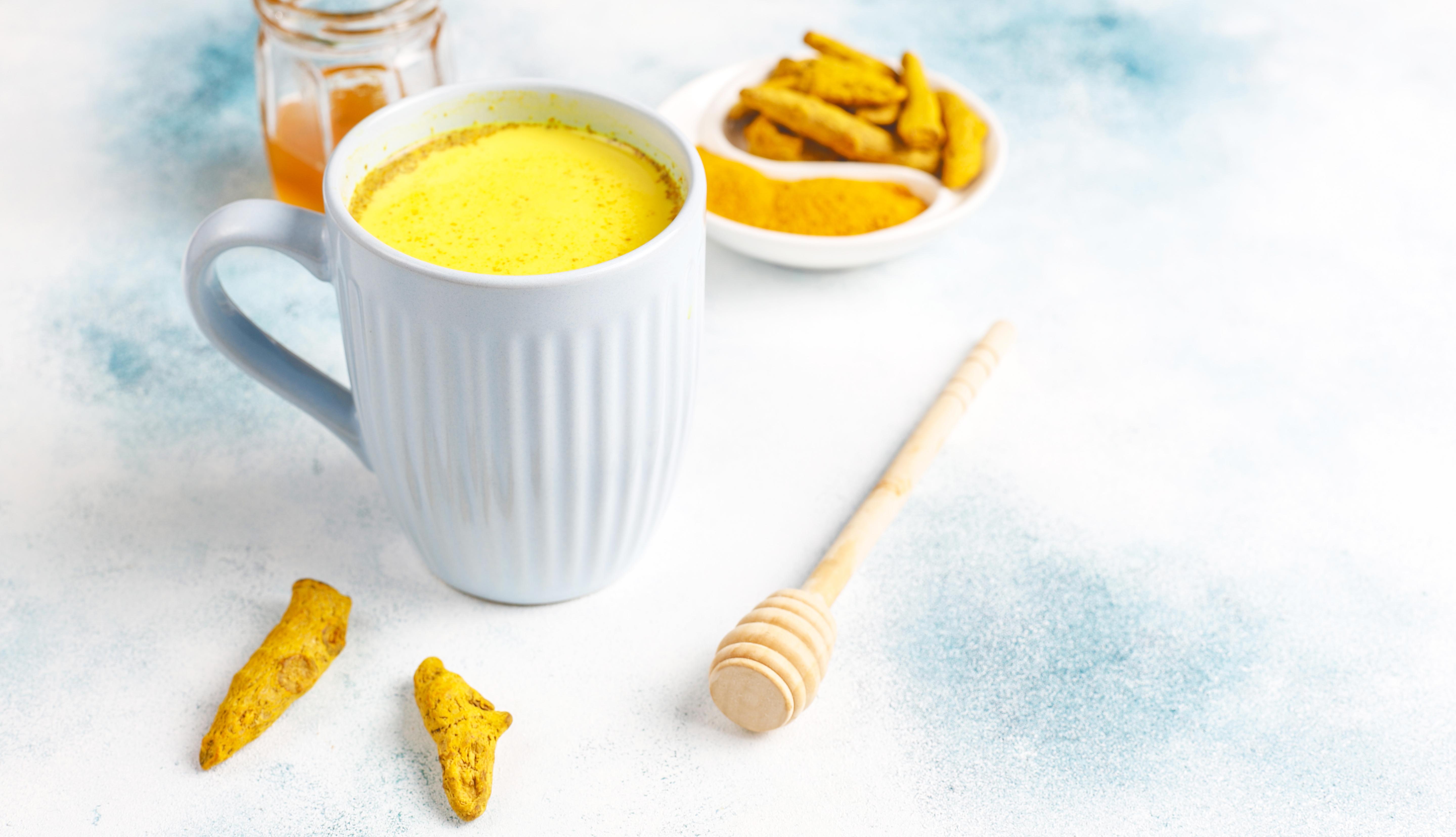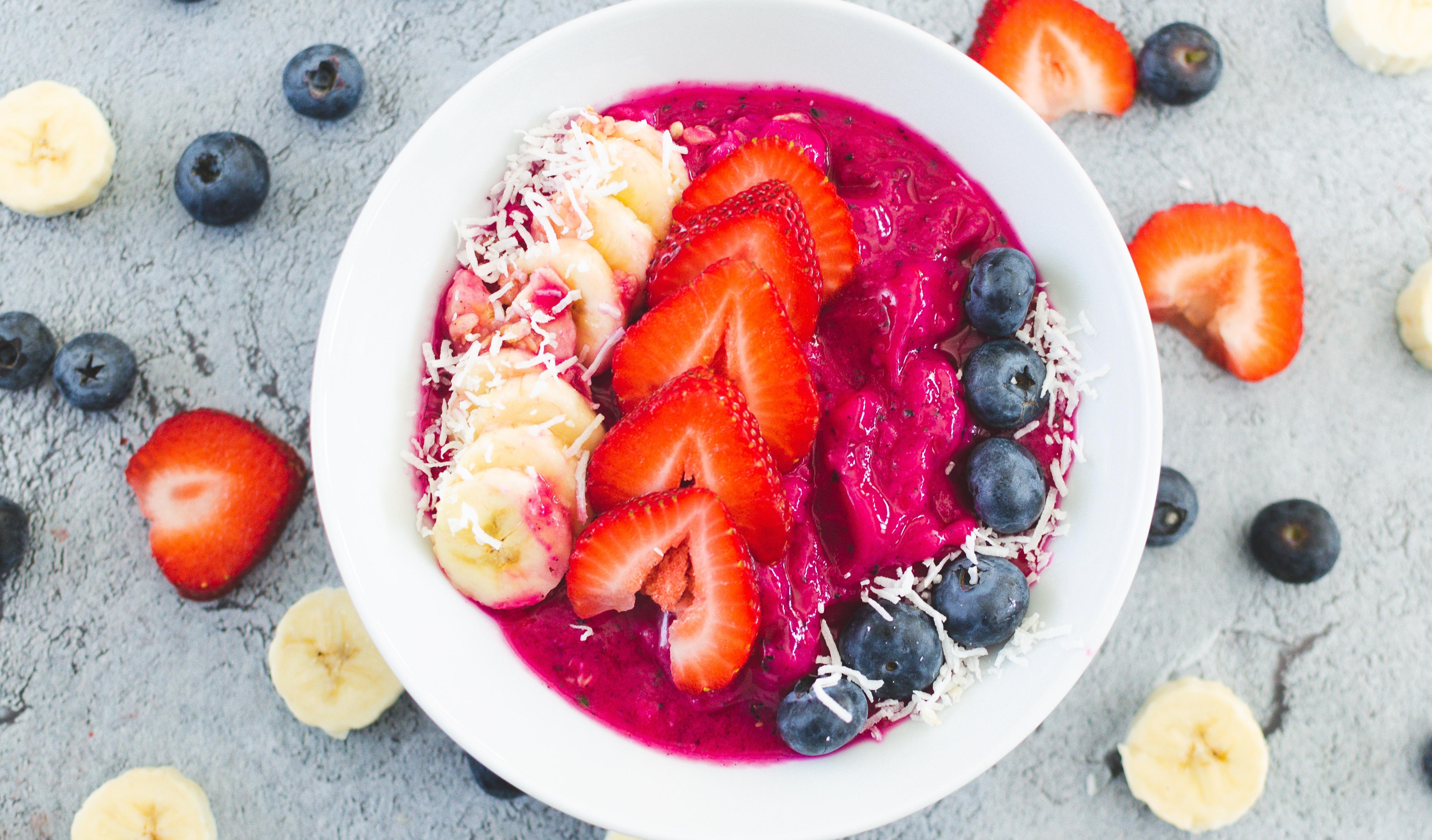Anti-Inflammatory Foods That Work Better Than Supplements
You don’t need a cabinet full of supplements to fight back. Real healing starts on your plate. We've now expanded our list of powerhouse foods that don’t just reduce inflammation—they restore balance, build resilience, and nourish your body at the cellular level. From colorful fruits and healthy fats to ancient spices and leafy greens, each item on this list is backed by science and loaded with benefits. Whether you’re managing an existing condition or aiming for long-term vitality, these anti-inflammatory foods are the foundation of smarter, cleaner living. It’s not about restriction—it’s about restoration. And it begins with what you eat.
1. The Magic of Turmeric: Nature’s Golden Healer

Turmeric, a vibrant yellow spice commonly used in Indian cuisine, has been revered for centuries for its medicinal properties. The active compound in turmeric, curcumin, is known for its potent anti-inflammatory and antioxidant effects. Scientific studies have demonstrated that curcumin can inhibit molecules that play significant roles in inflammation, making it a powerful natural alternative to pharmaceutical anti-inflammatories. Beyond its anti-inflammatory prowess, turmeric supports brain health, improves heart function, and may even help in preventing cancer. Incorporating turmeric into your diet is relatively simple. It can be added to soups, stews, and curries, or even blended into smoothies for a healthful kick. For enhanced absorption, pair turmeric with black pepper, which contains piperine, a compound that significantly increases curcumin’s bioavailability.
2. Berries: Small Fruits, Big Benefits

Berries, including blueberries, strawberries, and raspberries, are not only delicious but also packed with nutrients and antioxidants. These small fruits are rich in anthocyanins, compounds that give berries their vibrant color and provide potent anti-inflammatory effects. Research indicates that regular consumption of berries can reduce markers of inflammation and improve heart health by lowering blood pressure and cholesterol levels. Furthermore, the high fiber content in berries aids digestion and promotes a healthy gut microbiome, which is crucial for managing inflammation. Berries are versatile and can be enjoyed fresh, frozen, or dried. They make an excellent addition to breakfast cereals, yogurt, salads, or can be eaten as a snack on their own.
